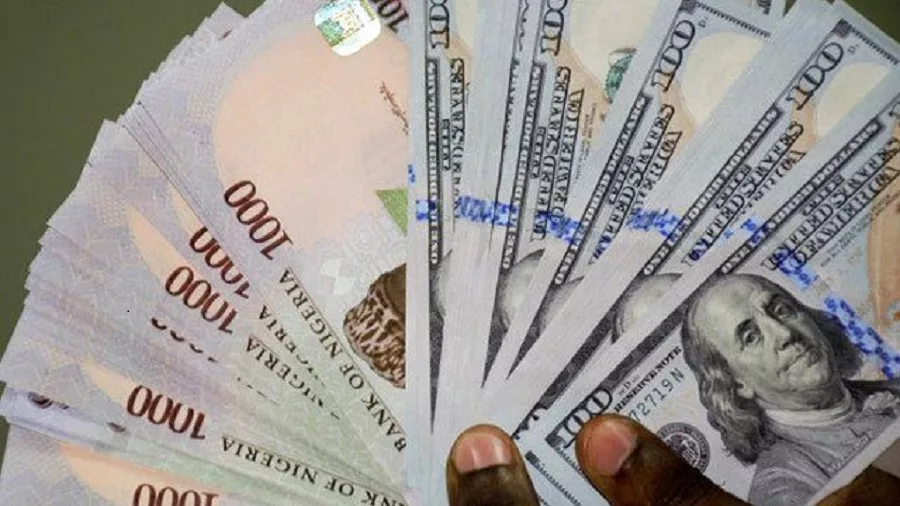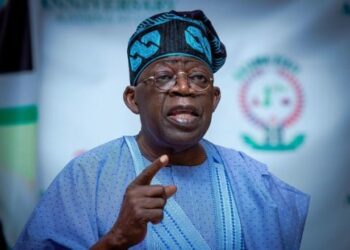In a shocking revelation, the Nigerian naira has undergone an unprecedented depreciation of 37.6 per cent against the U.S. dollar in the month of January, reaching a closing rate of N1,455.59/$1. This drastic decline stands in stark contrast to the exchange rate at the close of December 2023, which was reported at N907.1/$1, according to data from NATIONAL ECONOMY.
Even the black market exchange rate did not escape the turmoil, witnessing a significant 17.3 per cent depreciation from N1215 to N1470 against the dollar throughout the month.
The official exchange rate’s descent commenced on December 8, 2023, breaching the N1000/$1 barrier and plummeting to an all-time low of N1,348.62/$1 on January 29th. Despite a brief period of trading below N1000/$1, the naira struggled to regain stability against the dollar.
“To lose 37.6 per cent in a single month is truly unprecedented and raises serious concerns about the stability of the naira,” remarked Dr Christopher Otaru, an economic analyst.
To counteract these economic challenges, the Central Bank of Nigeria (CBN) took swift and proactive measures to address issues such as foreign currency speculation and hoarding by Nigerian banks. New guidelines were introduced to mitigate the risks associated with these practices.
In response to the alarming depreciation, CBN Governor, Mr. Yemi Cardoso, acknowledged the undervaluation of the naira and pledged concerted efforts to achieve genuine price discovery in the foreign exchange market throughout 2024.
“The situation demands a comprehensive strategy to stabilize the naira and ensure the resilience of our economy,” emphasized Governor Cardoso during a press conference.
The CBN further outlined plans to implement inflation-taming policies in collaboration with the Ministry of Finance to stabilise the exchange rate and control inflation.
Efforts are currently underway to bridge the gap between the official and black market exchange rates. Reports circulating within the financial sector suggest that the depreciation in the official market may be a deliberate move by the CBN to align it with the black market rate, aiming to eliminate inconsistencies.
“The discrepancy between official and black market rates has been a long-standing issue, and aligning them could potentially bring about a more stable foreign exchange environment,” noted an anonymous source within the CBN.
The challenges in Nigeria’s foreign exchange market extend implications to businesses, individuals, and the broader economy. The CBN’s initiatives aim to facilitate the flow of forex supplies from the black market to the official market, potentially paving the way for stability.
However, addressing the influx of foreign portfolio investments, considered a critical factor for stability, may require an increase in the CBN’s benchmark lending rate, presently set at 18.75 per cent. This complex economic scenario underscores the intricate challenges faced by Nigeria’s foreign exchange market, impacting various sectors of the economy.





